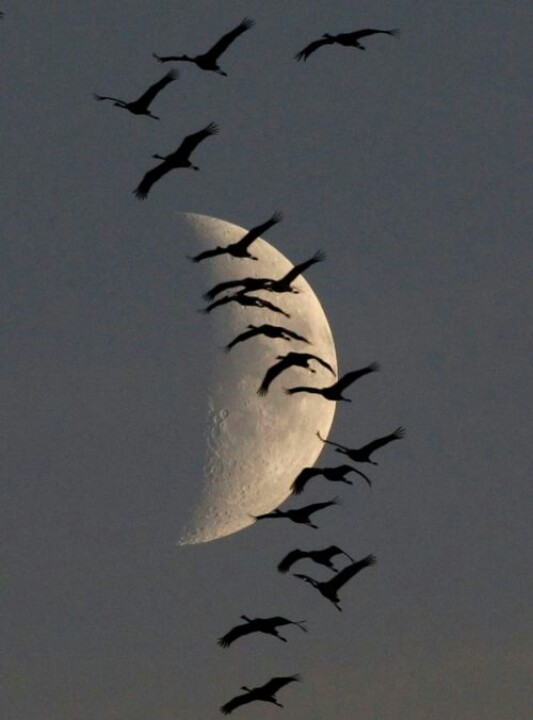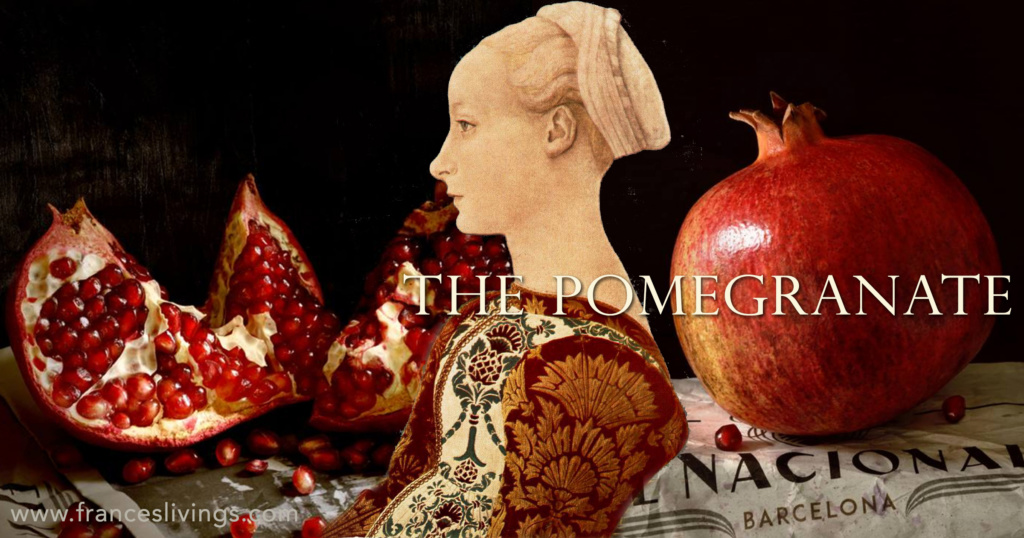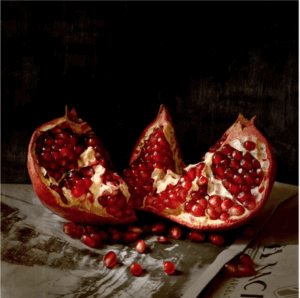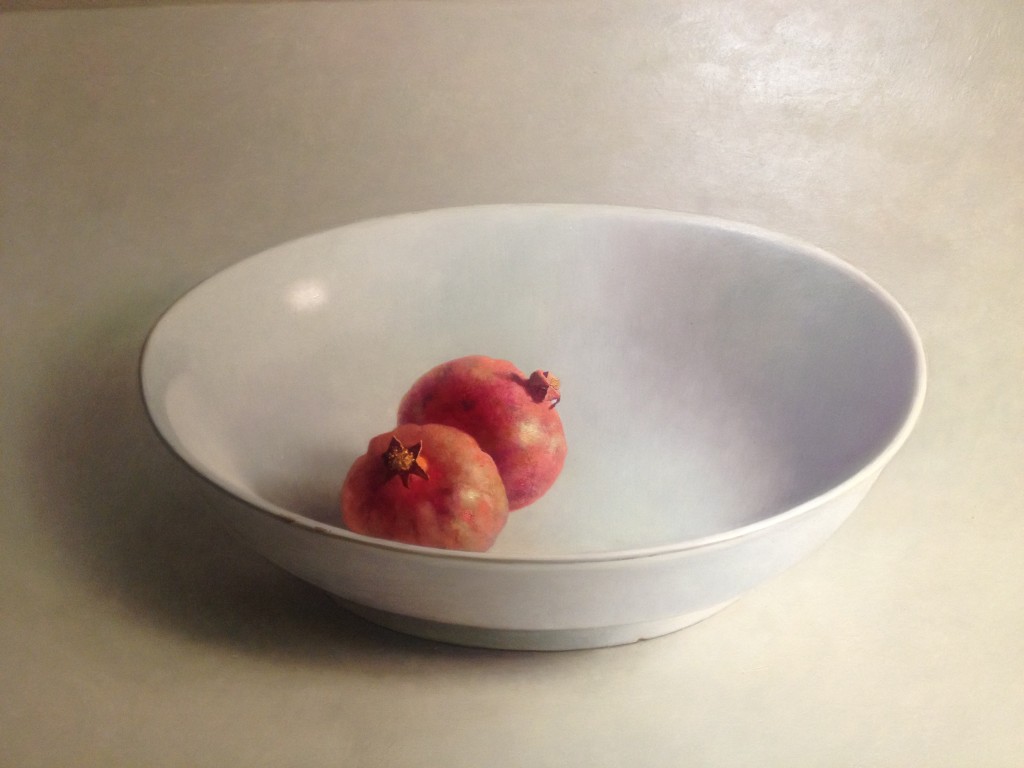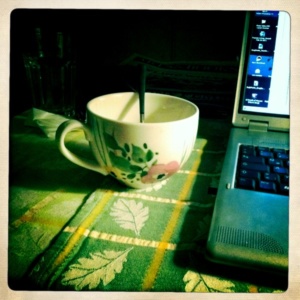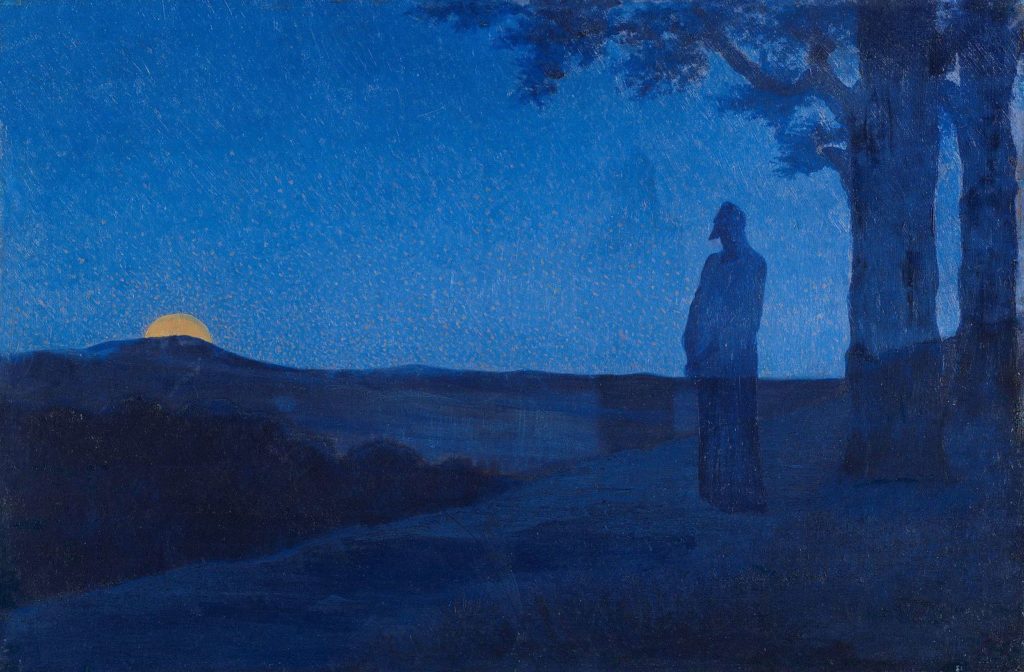
I am writing this blog post shortly after the release of my new single, the French chanson Ma Solitude. I have known and loved this song since I was in junior art college, where I also studied French (read more about those influences in my post on French Chansons). Ma Solitude was written in the 1960’s by the singer-songwriter Georges Moustaki (1934-2013), who became famed in France for his repertoire of simple romantic ballads, one of them being Édith Piaf’s hit song “Milord”.
Although it’s been in my repertoire for quite a while now, I only recently decided to make a recording. My motivation was on the one hand, that my connection with this beautiful tune had deepened naturally after having performed it so many times. On the other hand, it was almost as if I had to learn what the song really meant before recording it. Ma Solitude came to mark the end of a very painful journey both emotionally and geographically. It stands for a time during which I felt utterly alone but somehow transitioned into a state of solitude, which in contrast to loneliness, offers a special value to those who learn to cherish their own inner worlds. This is after all, exactly what the song describes. It has therefore been emotionally very cathartic to sing.
Ma Solitude is such a beautifully crafted melancholic song but it is not sad. While you listen to my new recording you can read the French lyrics and an English translation by clicking here.
Available for streaming and downloading:
2016 – A Year of Many Losses
The years 2016/17 were for me personally completely traumatic. After months of stressful arguments, debates, break-ups, and reconciliations, my husband moved out in May. It was so hard to adjust to being on my own again and the challenge of trying to survive as an artist in one of the world’s most expensive cities seemed almost impossible. I somehow managed. But then, in the autumn, I was given notice on the house we had been living in for over eight years – a house that had been our home and that, in midst of all of the change, at least was a familiar staple. Unsettling for me, as was for many, was then the shocking outcome of the US election in November. It became apparent that more people in America – more than most had ever imagined –, had voted for a misogynistic, narcissistic, reality-TV creator, simply an autocrat: for Donald Trump.
It verified for me a complete decline of society, which ironically felt like the epitome of my life.
I was “hanging in” as they say, until completely out of the blue, on December 16, my beloved dog Ginji died. I surrendered to a paralyzed state of utter grief and shock. Ginji was a beautiful, mischievous Whippet-Basenji mix who I had named after one of my favourite jazz tunes Dindi. I have since then been unable to sing that song live. My other dog, a small rescue called Leonora, was similarly shocked and visibly grief-stricken. For weeks she would run out of the door into the garden and then stop, look behind her and – wait, wait for Ginji to join her.
Meanwhile, I still had to face the task of packing up a decade’s worth of married life, of hopes and dreams – many, that never came to be. I had no clue where I would move to or what I would do. My small family had diminished within a few months from four to three, and then suddenly to two members. And although “It Never Rains in Southern California”, those were the months with the most rainfall in years. So last year I spent Christmas in utter loneliness, grieving. It was the first year of not creating a warm and festive family Christmas – for us, his sons, their partners, and random orphan friends.
Months of Restless and Relentless Moving…
I was so distraught by January from all of the losses, that I felt more than paralyzed by all of the decisions I had to make. Would I even stay in Los Angeles? Would it be better to move back to Europe? Maybe I needed to get away from the political climate, away from all the heartbreak? Do a “geographical” as they say. I felt too heartbroken to think clearly. In addition, the housing market in Los Angeles was, and still is, in a total crisis. So to find an affordable, clean and dog-friendly apartment anywhere, was more than daunting.
The packing of endless boxes, the wrapping of furniture in old blankets and discarded sheets felt sheer overwhelming. What would I keep, what would I even need in the future? Where and what was my future? I managed to cram everything into a mobile storage container that was picked up by a huge truck and hauled off to Compton. What followed was quite an odyssey. I spent five fairly unhappy and cold but also eye-opening weeks in Berlin but then returned to L.A. in April. I was determined to find an apartment and refocus on my music and writing. While apartment hunting, however, I had to couch-surf here and there, constantly looking for new places to stay for as little money as possible. It was distressing for both my little dog and I.
But a few weeks later, in May, I finally found a new home! So I thought. My luck didn’t last. After two days I started to get throbbing headaches and flu-like symptoms. But I had no fever. It dawned on me that I was having a severe allergic reaction. That something was wrong with the apartment. It had smelled musty when I moved in but I thought it was just lack of being aired out properly. After talking to the neighbours and doing some research it became apparent that it was toxic! There had been water damage, which had never been properly tended to, and behind the walls the building was full of hidden mold!
Not Being Able To Function on Many Levels
Feeling absolutely awful, desperate, heartbroken, and sick, I knew that if I didn’t move out again, I would never be able to function again, let alone sing. So in June, I was forced to pack everything up again and put it into storage. After that second move, I basically collapsed and fell incredibly ill for six weeks. I had such a painful and hacking cough, that I had to use an asthma inhaler. An x-ray of my lungs showed that at least it wasn’t anything like the valley fever, fungal pneumonia that can lead to hospitalizations. But I was unable to earn much money, so yet again, I bunked with friends. Some of these “friends” I had never met before. I learned very quickly who stepped up and who couldn’t be bothered. On August 6, still searching and in full-on crisis mode, I was taking a break, sitting on a park bench, poking around in some greasy, store-bought salad in a plastic container, and wrote in my journal,
“I watch the homeless thinking, I feel you – I’m one favour away…”
During that time I definitely gained empathy for people whose lives, sometimes through a simple turn of fate, unravel. The sight of hundreds of homeless encampments thereafter has become more and more unbearable.
One Year Later – Full Circle
Then finally, in September, I was able to move into a proper home in L.A. again. It felt as if years had gone by – around the world in 90 days – and emotionally they had. Despite still feeling all of the losses in my bones, this Christmas, I am spending my alone time reflecting in solitude but not in loneliness. And this is exactly what the lyrics of Ma Solitude illustrate so perfectly and why I wanted to record the song before the year was over, so to also mark a full circle. The chorus alone is a beautiful and clever oxymoron:
“Non, je ne suis jamais seule / avec ma solitude”
which means, in a very existentialistic way, “No, I am never alone / with my solitude”.
Being in solitude implies being on your own but Moustaki cleverly personifies this “quality time” in one of the verses as if it were time spent with a lover. And the third verse always brings a smile to my face:
“Quand elle est au creux de mon lit
Elle prend toute la place
Et nous passons de longues nuits
Tous les deux face à face”
The intimate scene of two people sleeping in a bed together makes me think of my little rescue dog Leonora. She felt the loss of Ginji, who was like a mother to her, as much as I did. Leonora now seeks solace by hopping onto my bed at night and curling up into a little furball – in that dip in the middle of bed, that “creux de mon lit” and indeed, “elle prend toute la place”!
To reflect this kind of intimacy of the song is why I ultimately decided to record the song with a very intimate ensemble, consisting of voice, guitar, and double bass. Another meaningful factor was the release date I chose, the 16th of December, marking the anniversary of Ginji’s sudden death.
Ma Solitude versus Loneliness
After sharing these very personal experiences and my motivation to record Ma Solitude I would like to bring the following to anyone reading this:
Obviously, solitude can only be productive if we don’t feel excluded, hurt or punished.[1] But in tranquil times it offers an intimate connection, a realm of solace, like with a lover. The philosopher Friedrich Nietzsche declared on a similar note: “My solitude doesn’t depend on the presence or absence of people; on the contrary, I hate he who steals my solitude without, in exchange, offering me true company.” The French philosopher and novelist Jean-Paul Sartre even wrote, “If you’re lonely when you’re alone, you’re in bad company.”
Ma Solitude has always so poignantly illustrated the beauty one can find in alone time. It’s a deep connection with oneself. But this connection can obviously also get severed in times of deep grief and trauma when our brains are stuck in a state of terror and operate in pure survival mode. Sadly, not everyone is capable of this inner connection or willing to let go of this sometimes almost meditative state. I was quite shocked to recently read about a study at the University of Virginia in which several participants – a quarter of the women and two-thirds of the men – chose to subject themselves to electric shock rather than be alone with their thoughts.[2]
On the other hand, it seems as if in our hyper-connected, social-media-driven and extremely competitive society, alone time or solitude is more devalued than it has been in a long time. The author Ray Williams writes in an essay published in Psychology Now, “all current meanings of ‘alone’ imply a lack of something. Invariably, a desire for solitude is viewed by others as a sign that there is something wrong. Even worse, people associate going it alone with antisocial pursuits and unnecessary risk-taking, like jumping off cliffs. And when we see photos of people sitting alone by a lake on a mountain top, many of us might wonder if that person is lonely or even depressed.”[3]
For me, solitude is about consciousness. It’s about asking the – sometimes uncomfortable – questions, how deeply am I feeling myself when I’m feeling lonely? Am I feeling disconnected and if so, where is it stemming from? Are we comparing other people’s outsides with our complicated insides? Especially social media can have that effect. On Facebook, we only see glossy versions of our “friends’”. We see their feats but seldom their failures illustrated by carefully curated glamour selfies. During this outer and inner journey I was forced to embark upon, my inner world has shifted from grief and loneliness to solitude. In the process, I discovered who my real friends were – one of them being myself.
Click on the picture to stream the song on Spotify or download the recording from Bandcamp or from iTunes.
Click here to read the French lyrics and an English translation.
Did you like this post? If so, why not…
Also, keep an eye out for my next blog post on inspiring art depicting the topics loneliness and/or solitude.
May you also find some inspiration in the following books:
_________________________________
[1] Brent Crane, “The Virtues of Isolation”, in The Atlantic, posted March 30, 2017. https://www.theatlantic.com/health/archive/2017/03/the-virtues-of-isolation/521100/
[2] ibid. [see also Matthew Hutson, „People Prefer Electric Shocks to Being Alone With Their Thoughts”, in The Atlantic, posted July 3, 2014 https://www.theatlantic.com/health/archive/2014/07/people-prefer-electric-shocks-to-being-alone-with-their-thoughts/373936/.
[3] Ray Williams, “Why Solitude Is Good and Loneliness Is Bad. Loneliness is becoming an epidemic but the value of solitude is unappreciated”, in: Psychology Today, posted Oct 31, 2017, https://www.psychologytoday.com/blog/wired-success/201710/why-solitude-is-good-and-loneliness-is-bad.










